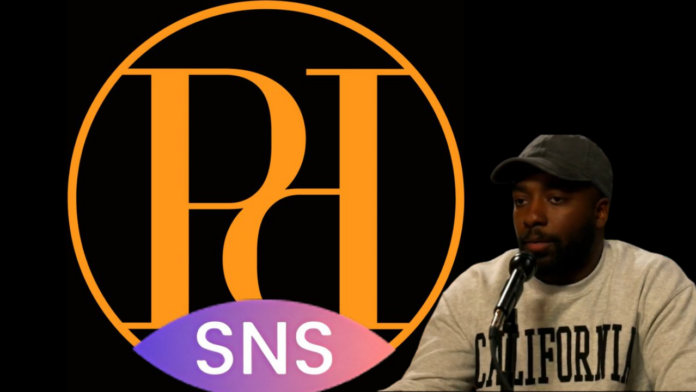Jesse D Williams Jr, the founder of Personal DAO, has called on the community to rally behind the project as it faces a split decision within the @dfinity forum over its eligibility for a decentralised funding model. The debate has drawn strong opinions from developers within the Internet Computer Protocol (ICP) ecosystem, with some backing the validity of the Personal DAO Service Nervous System (SNS) launch, while others remain unconvinced that it aligns with the conventional approach previously followed by other SNS projects.
Williams is urging supporters to actively participate in discussions to ensure that Personal DAO receives the same opportunity to raise funds via SNS as other projects have. According to Williams, the project has made significant contributions to the ICP ecosystem, positioning itself as an entity that adds value rather than merely extracting it. The team has already deployed 18 Personal DAO’s within ICP, with founders such as @ajki76, @EasyStevie_e, @sowmaler, @Meta_Owl, and @cimerino80 (users’ X handles) playing an integral role in its development.
The core issue under scrutiny is whether Personal DAO’s approach to SNS funding aligns with the standards upheld by previous projects. Some developers argue that its structure diverges from the conventional models, leading to concerns over whether it should be granted approval. However, those in favour of the project’s SNS launch contend that innovation in decentralised governance should not be restricted by rigid templates and that projects should be judged on their merits rather than adherence to past structures.
Williams’ plea highlights broader discussions within the ICP ecosystem about the evolution of decentralised networks and the role of governance in fostering innovation. The NNS (Network Nervous System), which oversees decision-making within ICP, plays a critical role in approving SNS proposals, and securing community support could prove instrumental in tipping the scales in favour of Personal DAO.
Supporters of the project argue that it has demonstrated a strong commitment to the ecosystem, and its track record should count towards its eligibility. The project’s proponents believe that dismissing it due to structural differences could stifle innovation and discourage future projects from exploring alternative governance models. They emphasise that the decision should be based on the project’s impact and community backing rather than strict adherence to past precedents.
The debate has ignited discussions on social media, with many members of the ICP community expressing their views on the matter. While some are adamant that the framework must remain consistent, others argue that the entire purpose of decentralisation is to allow for evolution and adaptability.
This is not the first time a project has faced resistance within the SNS approval process, but the level of engagement from the community suggests that the decision on Personal DAO could set a precedent for future initiatives. The outcome will likely shape the trajectory of SNS governance and determine how flexible the system is when it comes to accommodating new approaches.
With the call to action from Williams gaining momentum, all eyes are now on the NNS delegates as they deliberate on the fate of Personal DAO. The project’s future hinges on whether it can garner enough support to persuade the governing body that it deserves the same funding opportunities as its predecessors. Whether this will be a defining moment for decentralised governance within the ICP ecosystem remains to be seen, but the discussions unfolding could leave a lasting impact on how SNS funding decisions are made moving forward.


